Hyaluronic Acid For Hair: How It Works & Possible Side Effects
Everything you need to know about using it for long and healthy locks.
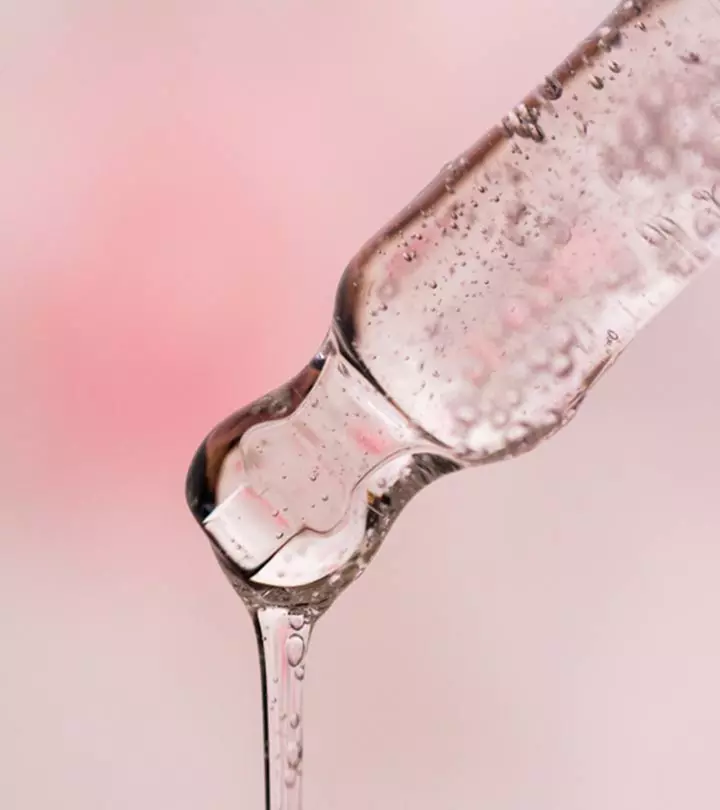
Image: Shutterstock
Hyaluronic acid has become popular in the skin care industry because of its super moisturizing and anti-aging abilities. Hyaluronic acid for hair growth is the new hair treatment trend that claims to make your hair smooth and shiny. It also increases the hair length and thickness, which everyone dreams of. Hyaluronic acid in skin care has transformed the game, but what about including it in the hair care routine? Is it worth it? Keep reading to know the benefits of hyaluronic acid for hair.
 Know Your Ingredient: Hyaluronic Acid
Know Your Ingredient: Hyaluronic AcidWhat Is It?
A natural hydrating ingredient found in humans and the food matrix .
What Are Its Benefits?
Promotes hair growth, hair texture, and density and improves overall hair health. Acts as a moisturizing agent and a humectant.
Who Can Use It?
Safe for all skin types, except extremely sensitive skin.
How Often?
Can be used 1-2 times a week for massaging the hair.
Caution
Might cause an allergic reaction in people with sensitive skin or existing skin conditions like rosacea or acne.
In This Article
What Is Hyaluronic Acid?
Hyaluronic acid (HA) or hyaluronan is found naturally in our eyes, skin, and bone joints. This clear, gooey substance is hydrophilic (water-loving), so it attracts water and keeps your tissues moist and lubricated. Research says just one gram of hyaluronic acid can bind up to 6 liters of water (1)! Thus, it is known as nature’s moisturizer.Hyaluronic acid has a gel-like consistency due to its unique viscoelastici A material that acts as liquid and solid depending on its handling process. It is used in skincare products to add a hydrating element. properties
(1). This helps in providing structural support to the skin, leaving it firm and plump. Chemically, it is a biopolymeri These polymers are made by the cells of living organisms to perform antibacterial and anti-inflammatory treatments. made of N-acetyl glucosaminei It helps the skin regenerate itself as it reverses the skin cells, while hydrating and lightening hyperpigmentation of the skin. and D-glucuronici It helps remove harmful substances from the body through urine, as well as balances estrogen and progesterone in the body. acid (2).

Hyaluronic acid has the following properties (1)
- Hygroscopic (attracts water)
- Viscoelastic
- Bacteriostatic effect (prevents the growth of bacteria)
- Biocompatibility (compatible with living tissue and does not have a toxic effect)
- Anti-inflammatory (does not cause inflammation)
- Anti-oedematous (prevents swelling)
- Antioxidant (fights free radical damage)
It is widely used in cosmetics, tissue engineering, drug administration, and wound healing as it can promote cell regeneration without any side effects.
So, can we use hyaluronic acid to promote hair growth? Find out in the next section.
Key Takeaways
- Hyaluronic acid can promote cell regeneration without causing any side effects.
- It improves the thickness and texture of the hair.
- It will also improve the hydrogen bonds in the hair which in turn will improve the condition.
Hyaluronic Acid for Hair Growth: Does It Work?
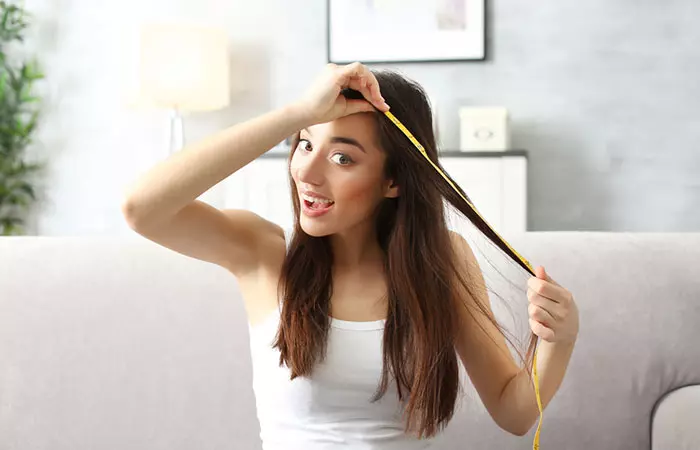
Hyaluronic acid may help promote healthy hair growth. It is believed to act as a fertilizer that conditions the hair and scalp, thus promoting cell rejuvenation. Anecdotal evidence suggests that it stimulates hair growth and thickness.
A research study showed that a blend of hyaluronic acid, collagen, and chitosan helped in increased thickness of the hair strands (2). Thus, it may help add volume to your hair.
As we age, the hyaluronic acid in our body decreases. This is true for the dermal cells surrounding our hair follicles, too. This can be one of the reasons why our hair turns dry and brittle hair as we get older. Hyaluronic acid is a powerful humectant that locks in moisture to condition the hair so it looks smooth and feels soft.
Apart from improving elasticity, it can also add shine to your hair as sealed cuticles reflect light evenly!
Thus, hyaluronic acid may help give you longer, thicker, and glossier hair. However, there is no scientific evidence to prove this. Cosmetically, the appearance of the hair would be improved, potentially making it look longer and thicker.
 Quick Tip
Quick TipSo, how do you use hyaluronic acid on your hair properly? Keep reading to learn how to use it in your hair care routine.
How To Use Hyaluronic Acid For Hair Growth
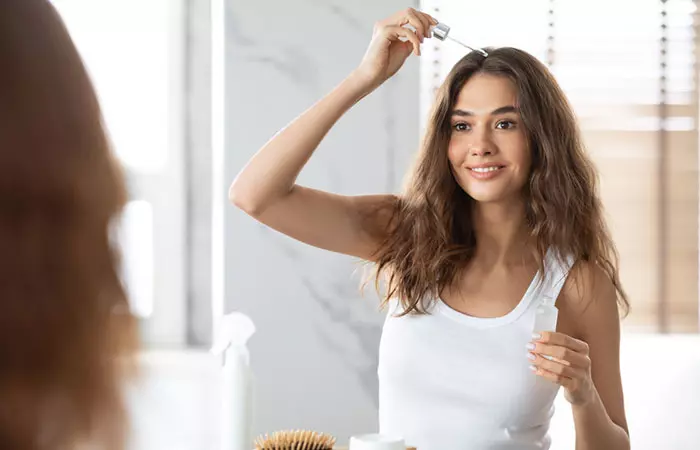
- After stepping out of the shower, take a pea-sized amount of HA serum. Be careful not to use too much serum as it may make your hair greasy and limp.
- Gently massage the product into your scalp with your fingertips for 5-10 minutes.
- You can use a few more drops of serum on the rest of your hair. Rub the product between your palms and evenly distribute it throughout the length of your hair.
Note:
Do not towel dry your hair before you apply the HA serum.
You can use HA to hydrate your hair and reduce frizz and brittleness. The most important thing to remember is that you only need to use a tiny amount of it as it absorbs 1000 times its weight in water!
Here’s how you can use hyaluronic acid to treat various hair problems:
- Fight Frizz: It is most effective when you use it on damp hair. Simply apply the product evenly from the roots to the tips of your hair.
- Strengthen Hair: Simply mix a few drops of HA in your deep conditioner. This will up your deep conditioning treatment since hyaluronic acid is super hydrating for your hair.
- Refresh Curls: This holds true for 2-day curls. HA will act as a hair moisturizer that replenishes moisture and adds life to your droopy curls. Simply apply it through the lengths of your hair.
- Protect Colored Hair: Apply HA serum to your chemically processed hair. This will restore moisture, seal the cuticles, and protect your hair.
 Quick Tip
Quick TipWe have learned about the many benefits of using hyaluronic acid for hair. But, what about its side effects? Find out how safe it is to use in the next section.
Are There Side Effects Of Using Hyaluronic Acid For Your Hair?
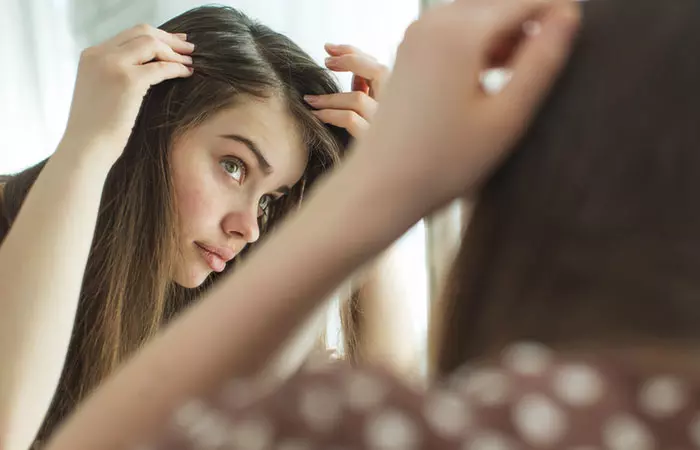
Hyaluronic acid is usually safe for hair, but it’s wise to check for any sensitivities first. Most people don’t experience issues, since it is a natural component of your body. Just keep in mind to use a small amount of it as it can dry out your hair.
It is a humectant. It is very good at pulling moisture into the hair. However, it would work the opposite in a dry-air atmosphere and pull the moisture out of the hair. In addition, if you have a skin condition that could become worse with too much moisture, it would be best to stay away from HA.
So, you can use hyaluronic acid for hair repair as it can transform your dull, dehydrated locks without any harmful side effects. If you are wondering which products with hyaluronic acid to incorporate into your hair care regimen, we have you covered! Check out our best picks below.
Top Hyaluronic Acid Hair Products
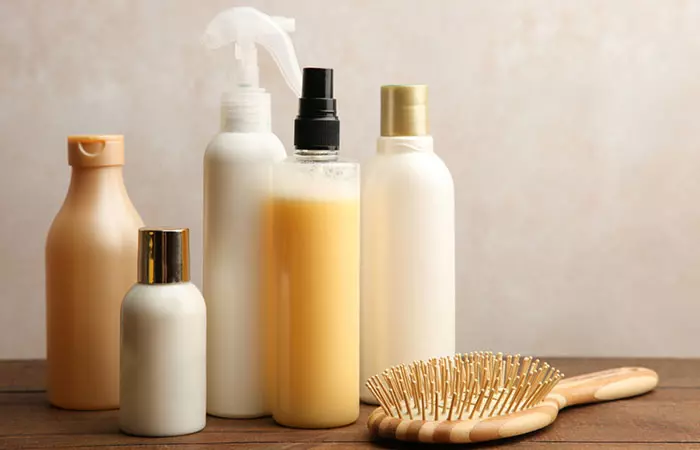
1. IGK Thirsty Girl Coconut Milk Anti-Frizz Shampoo
IGK Thirsty Girl Coconut Milk Anti-Frizz Shampoo is rich in coconut milk and hyaluronic acid.
This super nourishing and moisturizing product will lock in moisture and keep your hair frizz-free all day long! It can be used on color-treated hair as it offers UV protection. Thus, it prevents your hair color from fading quickly. The ingredients used in this product are plant-based and cruelty-free.
Pros
- Provides scalp and hair nourishment
- Vegan
- Cruelty-free
- Safe for color-treated hair
Cons
- Contains artificial fragrance
2. NatureLab Perfect Shine Oil Mist
This lightweight hair mist is a must-have if you have frizzy or dull hair. This lightweight formula is moisturizing and non-greasy. It contains grape stem cells, hyaluronic acid, and platinum fiber that nourish, strengthen, and protect your hair with their potent antioxidants. This eco-friendly brand does not use harmful chemicals. It improves your hair health and imparts shine and radiance to your hair with the iridescent extracts of pearls in it.
Pros
- Lightweight
- Imparts shine
- Non-greasy
- Enhances hair color
Cons
- Contains phenoxyethanoli A chemical used to increase the shelf life of a product, preventing growth of bacteria, fungus and mold.
3. Noah Restorative Treatment Hair Mask
True to its name, Noah Restorative Treatment Mask has hydrating ingredients that replenish the moisture in your locks. This Eco-certified brand uses natural and organically sourced avocados in their hair mask. The hyaluronic acid in this product can transform your dull, lifeless, and brittle hair with its moisturizing properties.
Pros
- Moisturizes the hair
- Eco-certified
- Anti-aging formula
- Suitable for dull, dehydrated hair
Cons
- Expensive
Hyaluronic acid is a natural constituent of our body, so it suits every hair texture. It locks in moisture and promotes cell growth and thickness. It is a great ingredient to include in your hair care routine after using a shampoo and a hair conditioner to tame frizz, add shine, and strengthen your hair. You can use it as hair serum or a leave-in conditioner to protect your hair from pollution, humidity, and harsh weather conditions.
Infographic: Tips For Using Hyaluronic Acid For Hair Care
Hyaluronic acid is a game-changer in the world of skin care. Recently, it has also become a popular ingredient in hair care products. Applying hyaluronic acid to your hair moisturizes it and boosts hair growth. Using it the right way will help you get strong and healthy hair.
Check out the infographic below to learn some useful tips for using hyaluronic acid for hair care.
Some thing wrong with infographic shortcode. please verify shortcode syntax
Hyaluronic acid is suitable for all hair textures. From locking in moisture to promoting cell growth and thickness, it has a lot to offer. You can add this ingredient to your haircare routine if you want to tame the frizz and add more shine to the tresses. This acid also plays a major role in strengthening your hair. Now that you know the significance of hyaluronic acid for hair growth, get ready to protect your hair from harmful external factors like humidity, pollution, heat damage, and more.
Frequently Asked Questions
How long does it take for hyaluronic acid to work?
Hyaluronic acid may improve damaged hair within 4 weeks of continuous use. Dr. Isfahan Chambers-Harris, a trichologist, says, “The time it takes to see results varies because it depends on the condition of the hair, your hair type and porosity as well as the type of product you are using that contains the hyaluronic acid. In general, within the first use, you may notice that your hair feels softer and more hydrated. If you use consistently ( 4-6 weeks) you may see improvements in hair health, such as smoothness, and reduced breakage, and your hair may look shinier and fuller.”
Can hyaluronic acid be used on all hair types?
Yes, it can be used on all hair types. Dr. Chambers-Harris says, “Generally hyaluronic acid can be used on all hair types mainly because it is lightweight, improves moisture retention, and is non-comedogenic, so it will not clog pores and cause scalp irritation. However, those with sensitive skin or allergies should always test a small area of skin before use.”
Is hyaluronic acid safe for chemically treated hair?
Yes, hyaluronic acid is safe and beneficial for chemically treated hair. According to Dr. Chambers-Harris, “Whether your hair has been colored, relaxed, or treated with keratin, hyaluronic acid can help restore moisture and improve its overall health. Hyaluronic acid has a positive effect on chemically treated hair because it can improve elasticity, is non-irritating and non-reactive, meaning it does not interfere with the chemical treatment, it also doesn’t strip color away from color-treated hair and it helps to tame the frizz that many people with chemically treated hair experience due to the lack of moisture and compromised strand structure.
What should you not mix with hyaluronic acid?
Hyaluronic acid-based products work well with other hair care products. You can also combine them with hair oils. Dr. Chambers-Harris adds, “Hyaluronic acid can be combined with other hair products such as oils, leave-in conditioners, heat protectants, and scalp treatments. Since it primarily hydrates and retains moisture, pairing it with these complementary ingredients and products can further enhance your hair’s overall health and appearance.”
Can I use hyaluronic acid every day?
Yes. Since hyaluronic acid is naturally found in the human body, it is safe to use it daily.
Is hyaluronic acid cancerous?
No. Topical hyaluronic acid does not cause cancer. However, oral hyaluronic acid may interact with cancer cells and can be hazardous for people with this disease (3).
Illustration: Hyaluronic Acid For Hair: How It Works & Possible Side Effects
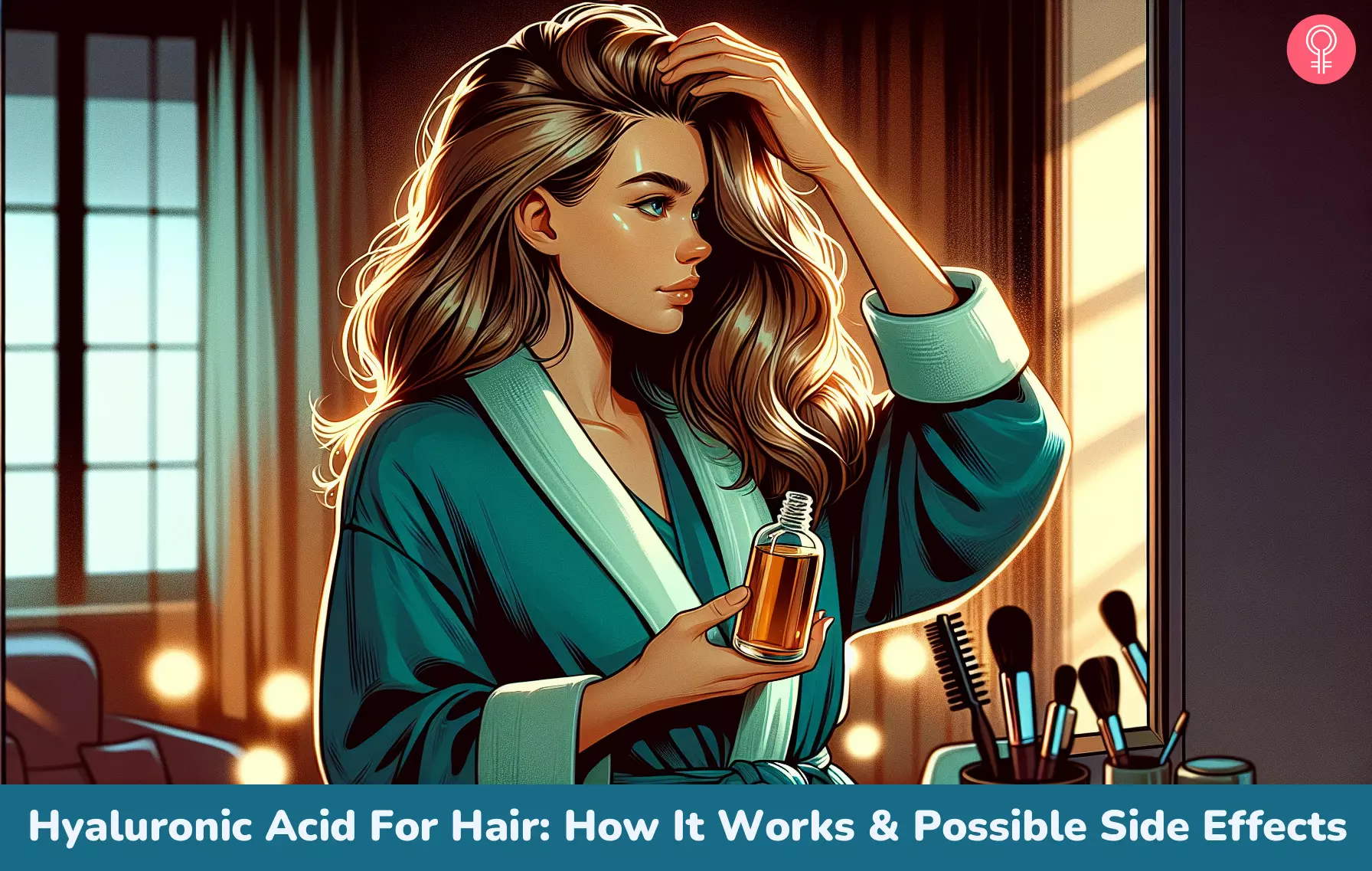
Image: Dall·E/StyleCraze Design Team
Are you wondering if hyaluronic acid is the answer to your hair woes? Check this video to find out how it can benefit your hair.
References
Articles on StyleCraze are backed by verified information from peer-reviewed and academic research papers, reputed organizations, research institutions, and medical associations to ensure accuracy and relevance. Read our editorial policy to learn more.
- Hyaluronic Acid: A Boon in Periodontal Therapy
https://www.ncbi.nlm.nih.gov/pmc/articles/PMC3690787/ - Preparation and characterization of collagen/chitosan/hyaluronic acid thin films for application in hair care cosmetics
https://www.degruyter.com/document/doi/10.1515/pac-2017-0314/html
Read full bio of Dawn Hilton
- Dr. Isfahan Chambers-Harris is a certified trichologist. After earning a Ph.D. from Morehouse School of Medicine and completing postdoctoral research at Vanderbilt University, she launched Alodia, a line born from her personal journey to repair damaged hair. Her formulations, initially created in her kitchen, are now available to the public, focusing on natural products for hair, skin, and baby care. Alongside her business, Dr. Chambers-Harris is committed to philanthropy. She partners with organizations like the Sisters Network for Breast Cancer Survivors - where she gives seminars on how to grow healthy hair after chemo - and mentors disadvantaged youth in STEM fields.
 Dr. Isfahan Chambers-Harris is a certified trichologist. After earning a Ph.D. from Morehouse School of Medicine and completing postdoctoral research at Vanderbilt University, she launched Alodia, a line born from her personal journey to repair damaged hair. Her formulations, initially created in her kitchen, are now available to the public, focusing on natural products for hair, skin, and baby care. Alongside her business, Dr. Chambers-Harris is committed to philanthropy. She partners with organizations like the Sisters Network for Breast Cancer Survivors - where she gives seminars on how to grow healthy hair after chemo - and mentors disadvantaged youth in STEM fields.
Dr. Isfahan Chambers-Harris is a certified trichologist. After earning a Ph.D. from Morehouse School of Medicine and completing postdoctoral research at Vanderbilt University, she launched Alodia, a line born from her personal journey to repair damaged hair. Her formulations, initially created in her kitchen, are now available to the public, focusing on natural products for hair, skin, and baby care. Alongside her business, Dr. Chambers-Harris is committed to philanthropy. She partners with organizations like the Sisters Network for Breast Cancer Survivors - where she gives seminars on how to grow healthy hair after chemo - and mentors disadvantaged youth in STEM fields.
Read full bio of Annie Jangam
Read full bio of Eshna Das
Read full bio of Swathi E






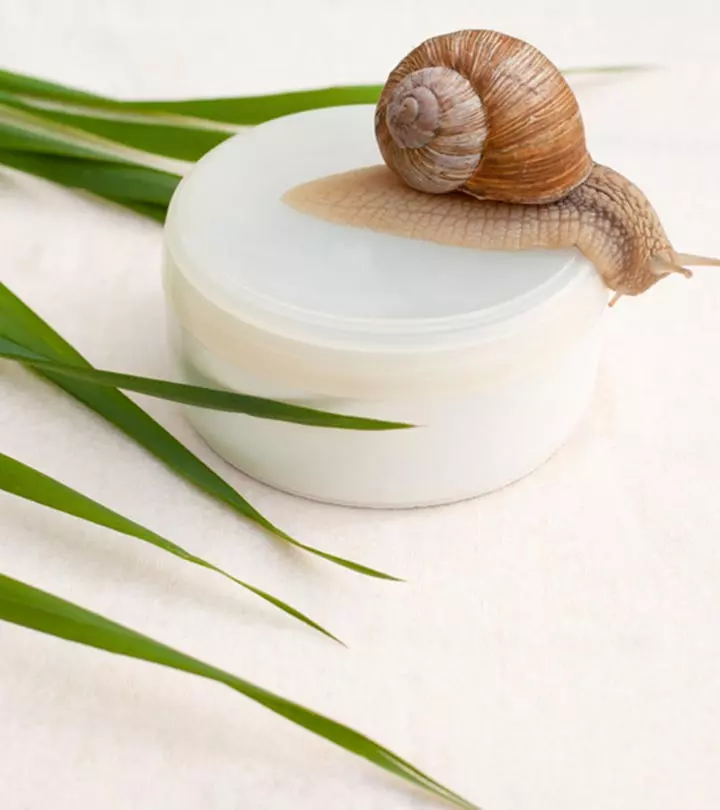
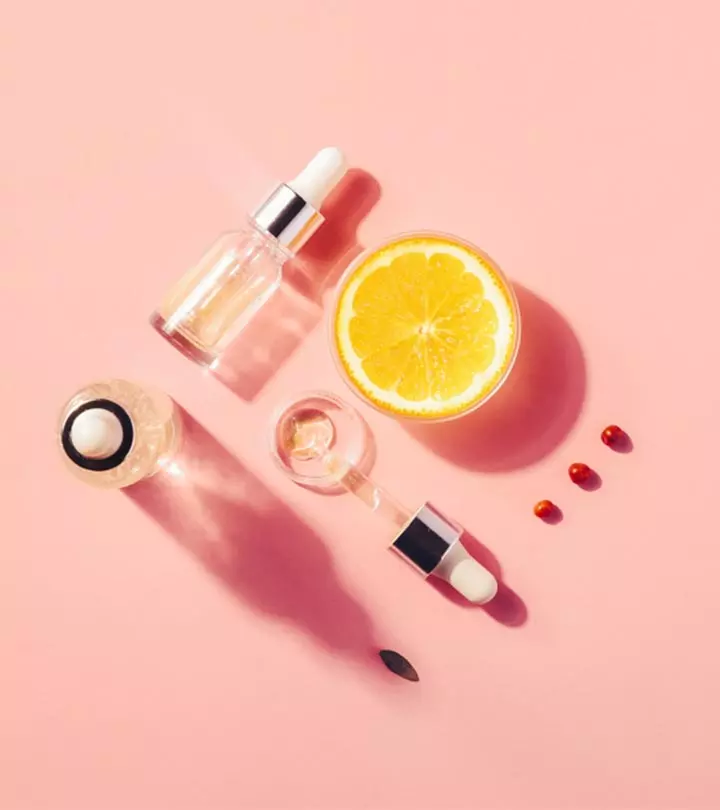
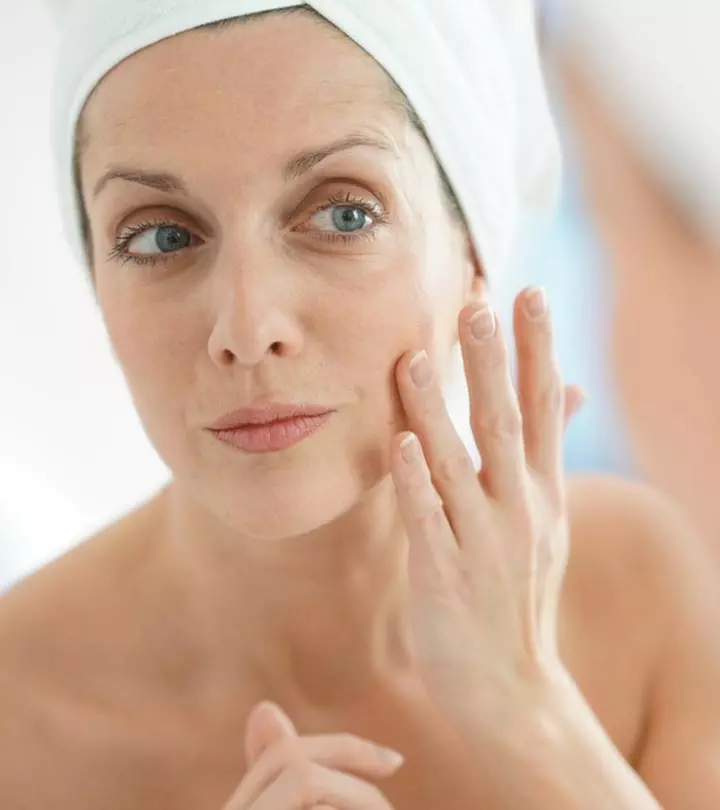
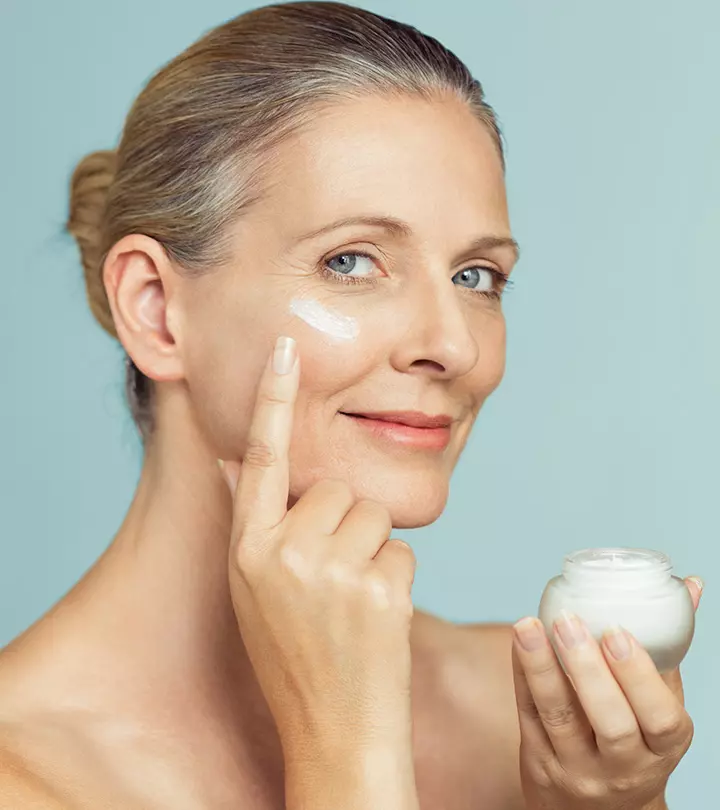
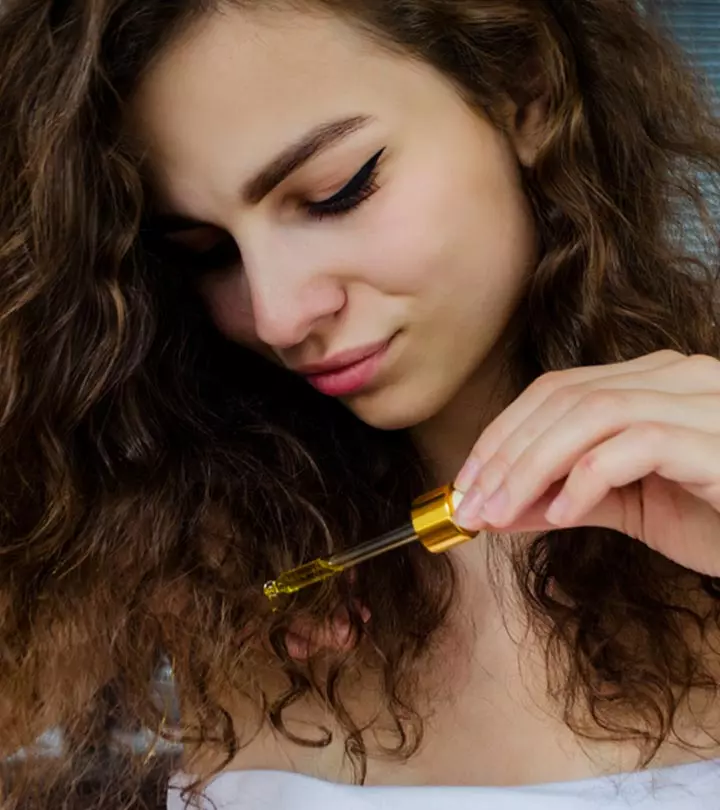
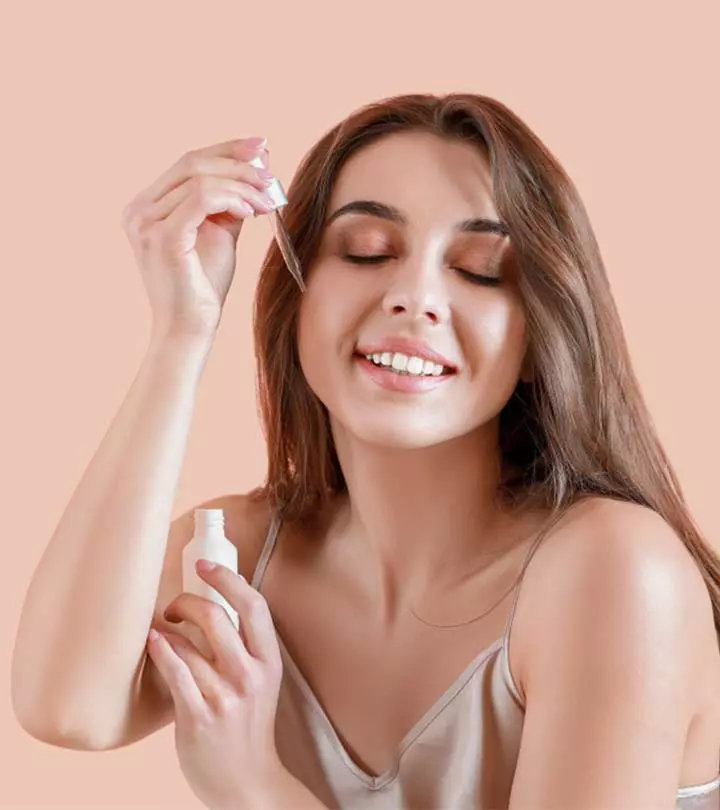

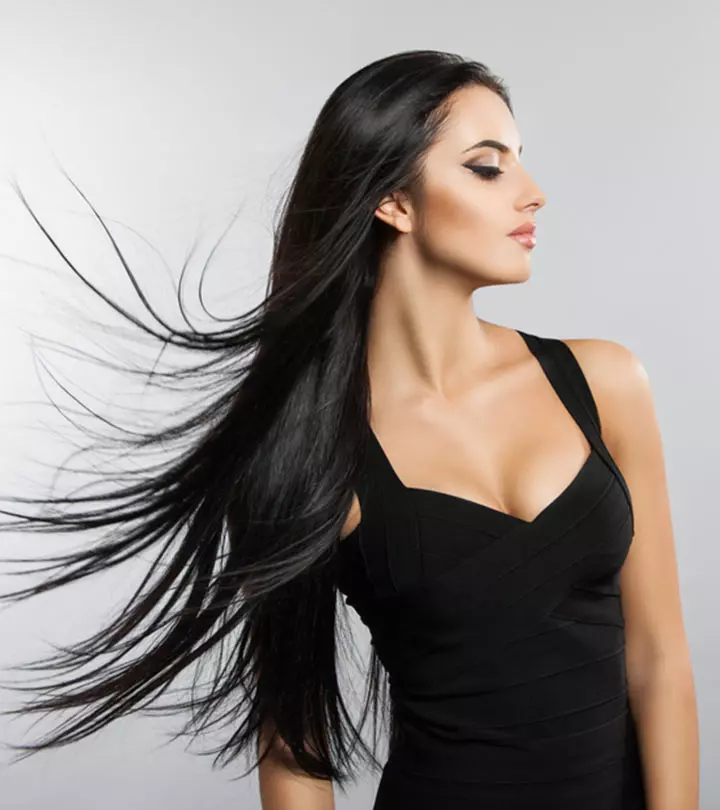
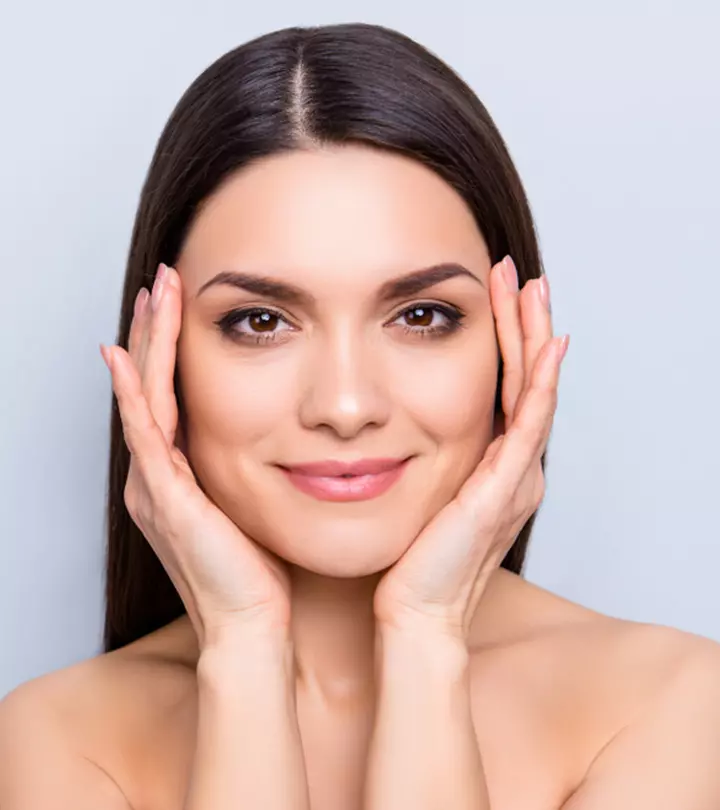


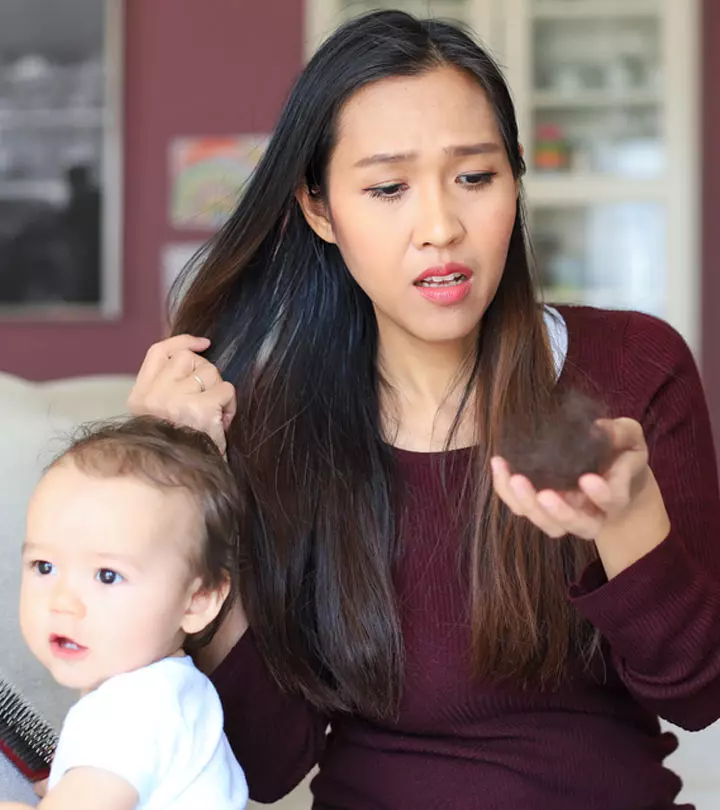


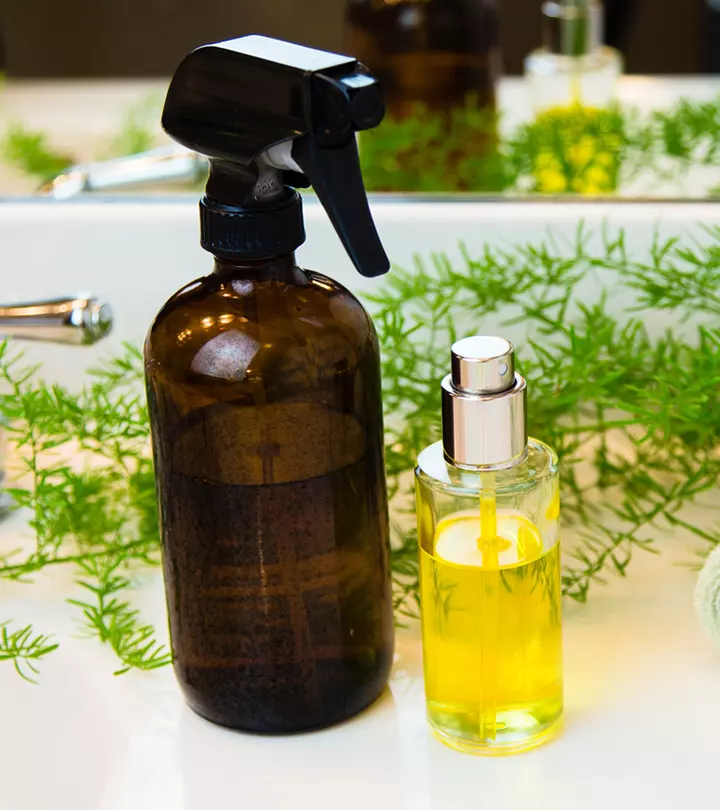
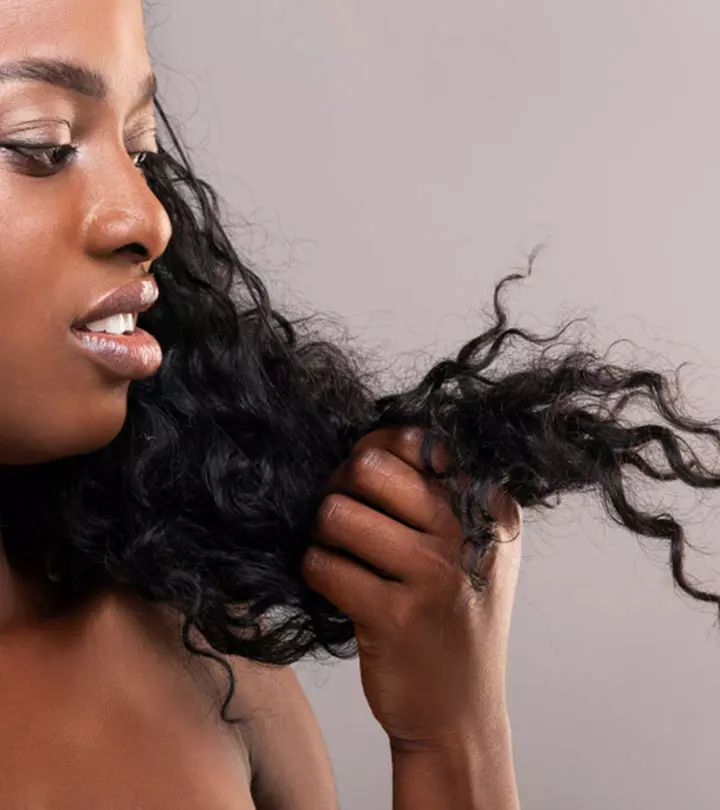
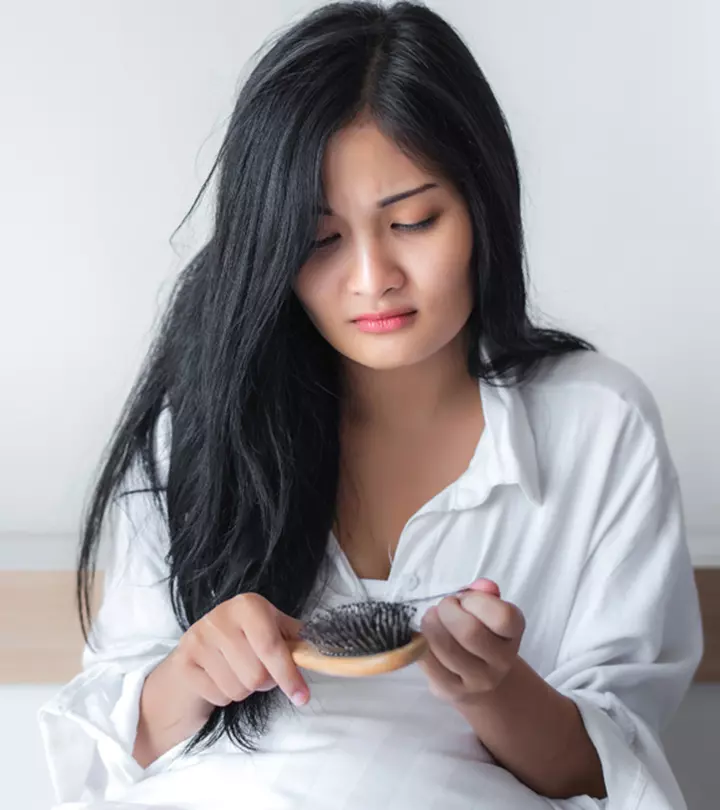
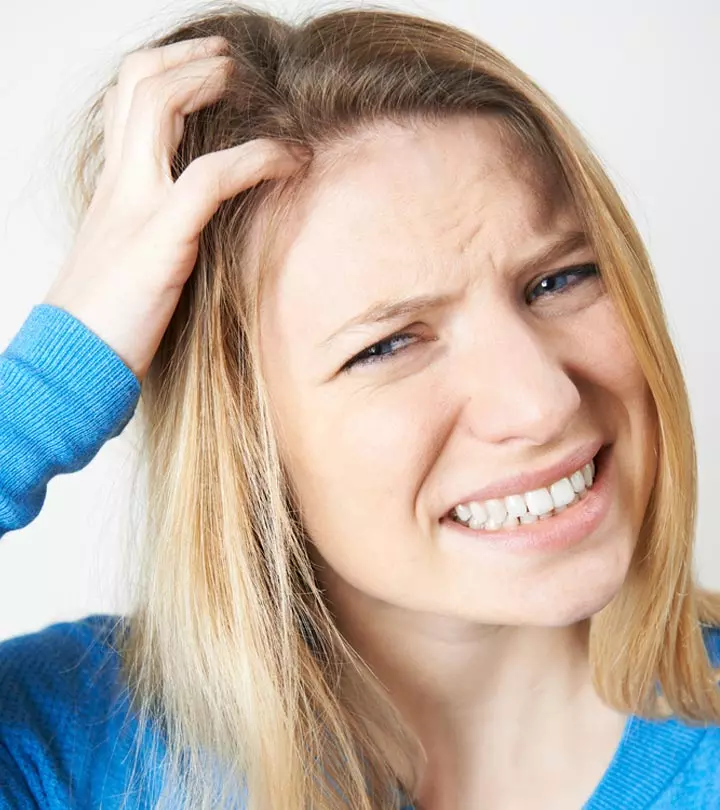

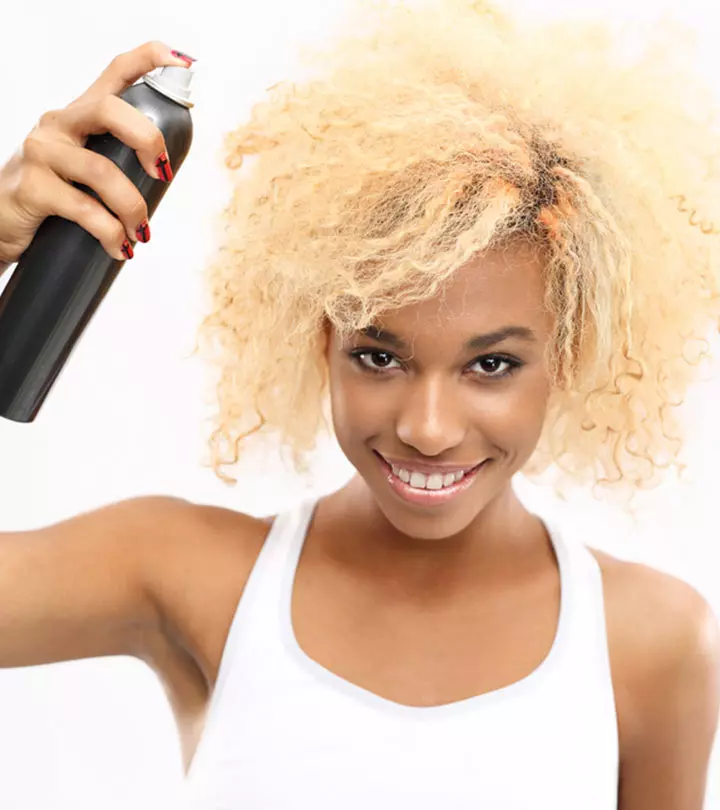
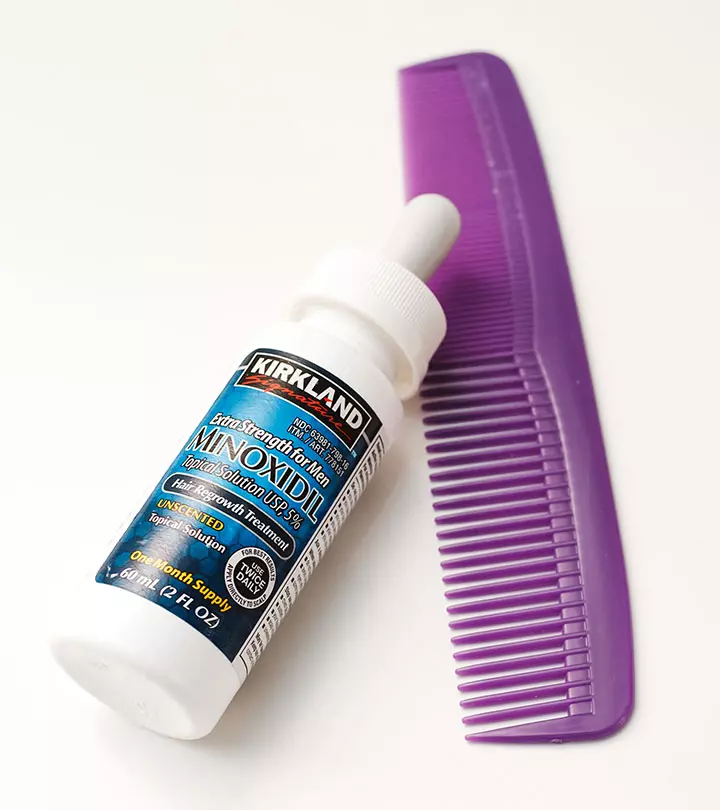
Community Experiences
Join the conversation and become a part of our empowering community! Share your stories, experiences, and insights to connect with other beauty, lifestyle, and health enthusiasts.